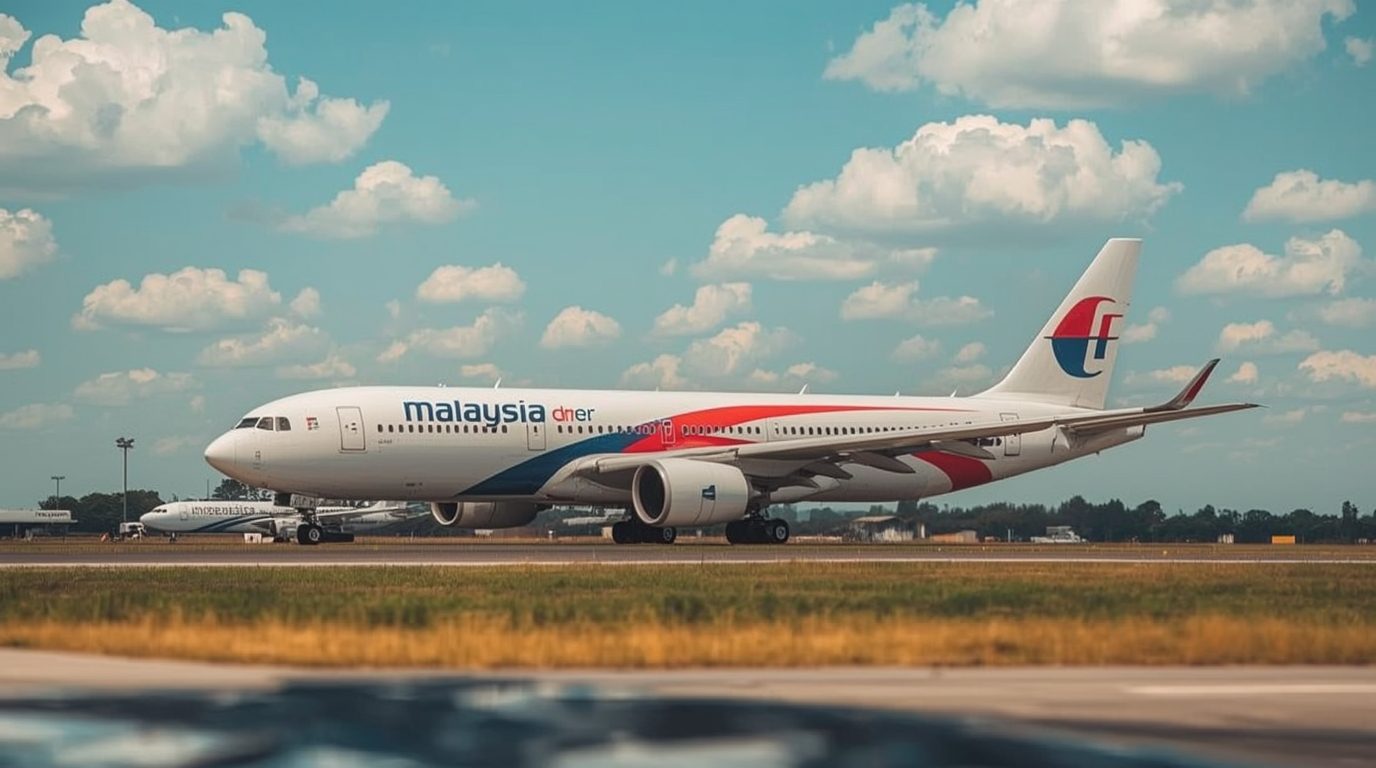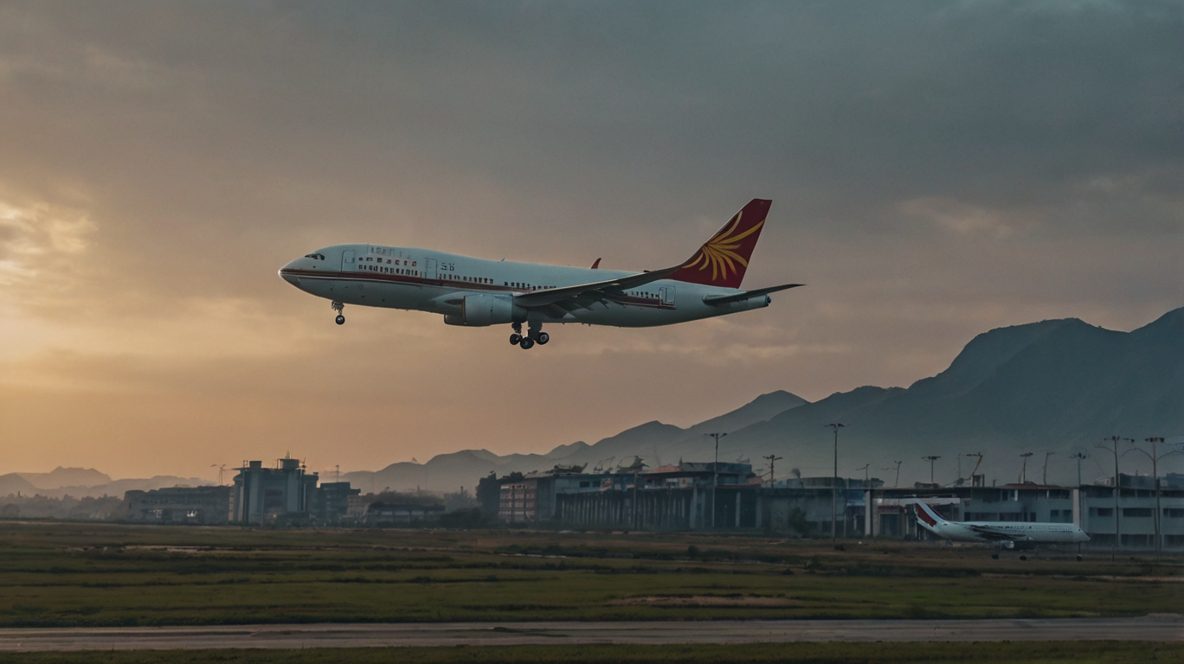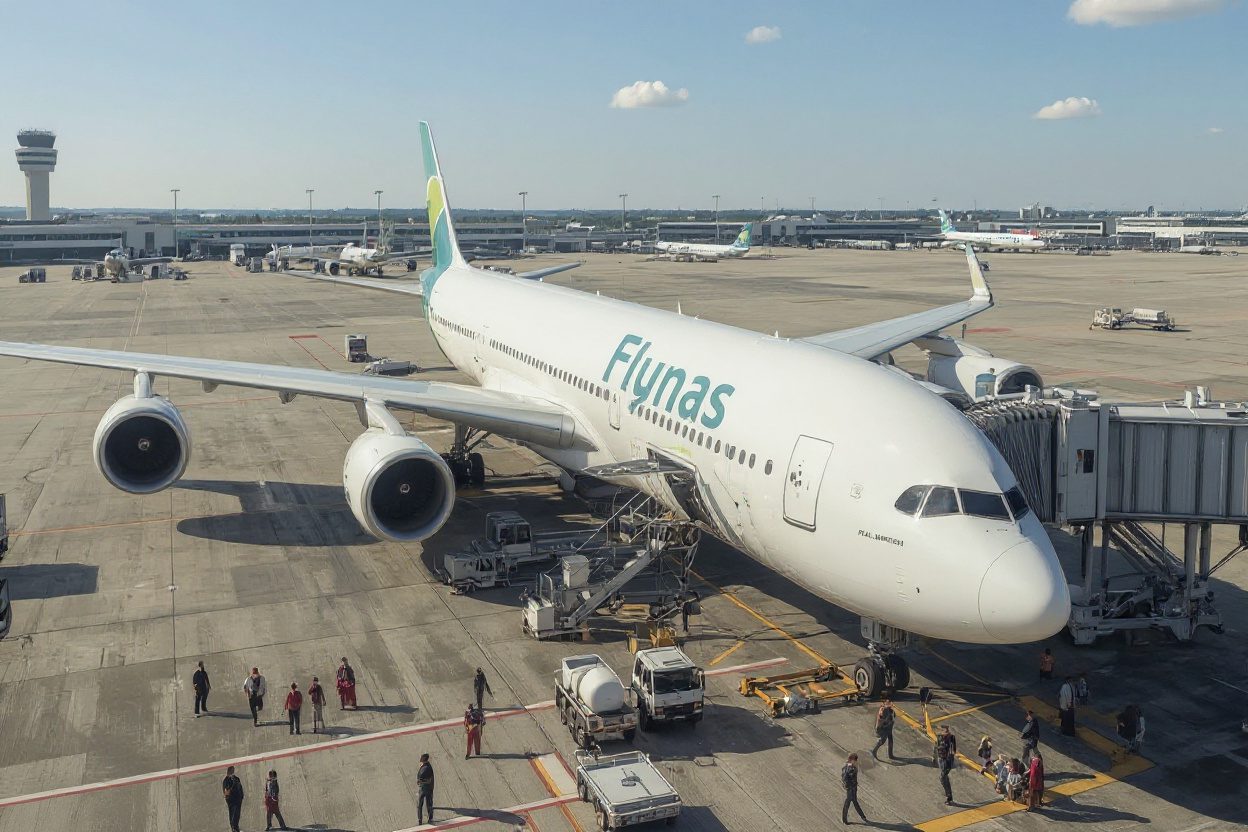Malaysia Airlines Boosts Bonus Side Trip Program to Encourage Travel Within Malaysia and International Connections
Malaysia Airlines has announced plans to extend the Bonus Side Trip (BST) Program, which was developed to boost travel to and within Malaysia while also enhancing international connectivity. The BST program was previously tailored to international visitors for enticing them to travel beyond Kuala Lumpur. BST now features a commercially priced domestic return flight embedded in international tickets. This move not only enhances Malaysia Airlines’ standing as a dominant carrier in the region, but also supports the country’s tourism plans, just ahead of ‘Visit Malaysia Year’ 2026. The airline aims to encourage international visitors to embrace Malaysia’s unique multicultural, environmental, and cosmopolitan offerings, thereby aiding the country’s economic recovery and tourism development goals.
Functionality of Bonus Side Trip
Malaysian Bonus Side Trip (BST) is a special service provided by Malaysia Airlines for international passengers who are transiting through Kuala Lumpur International Airport (KLIA), the country’s primary aviation gateway and a transit hub for the Southeast Asian region. Eligible passengers are allowed to book a return domestic flight to any of the seven selected Malaysian destinations without any additional charge. These are Langkawi, Penang, Johor Bahru, Kuantan, Alor Setar, Kuala Terengganu, and Kota Bharu.
BST is unique because it is offered as a part of the ticket purchase, unlike other stopover programs used by different airlines. There is no need to buy additional packages or to make extra arrangements for the domestic side trip. It is offered as part of the international flight ticket. This is convenient for international travelers as they can seamlessly add a domestic trip to the rest of their travel plans.
The program benefits travelers in many ways. It allows visitors to extend their stay to visit Malaysia’s secondary cities and rural areas, offering richer cultural and recreational experiences. From a family and group perspective, this allows for more bonding time in beautiful areas, cultural immersion, and adventure tourism that is not limited to urban settings. At the same time, the program creates economic opportunities for local businesses such as hotels, restaurants, artisans, and transport services, aiding in more comprehensive economic development.
Malaysia Airlines and Its Role in Tourism
As the national carrier of Malaysia, Malaysia Airlines has a dual obligation: to bring Malaysia to the world and foster domestic tourism. This dual obligation is more vital now, in the aftermath of the pandemic, as countries seek to promote travel and tourism while simultaneously providing a boost to the economy.
The BST program is a perfect fit for the larger strategic framework. With international arrivals, Malaysia Airlines assists in providing seamless connections to domestic flights serving areas that travelers often neglect to visit. This corresponds with Malaysia’s tourism strategy of easing congestion in urban areas that are over-saturated with tourists, and distributing the tourism benefits more equitably to secondary cities and rural areas.
In addition, Malaysia Airlines is striving to position Kuala Lumpur not only as a regional hub, but also as an entry point to the greater Southeast Asia region. Competing with international stopover marketing heavily used by Singapore and Thailand, Malaysia is now differentiating itself by providing a unique domestic add-on at no extra charge. By integrating cultural depth, ecological diversity, and contemporary urban amenities, the BST program uniquely positions Malaysia as a being a truly multifaceted yet authentic destination.
Destinations Highlighted in The Bonus Side Trip
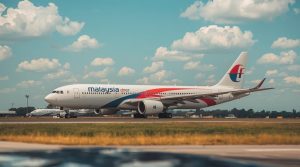
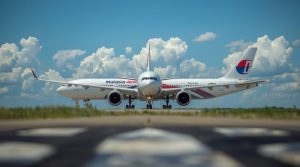
The program with Bonus Side Trip features seven destinations and highlights them with Indonesia’s coral and ecological tombs, offering a blend of culture, nature, and rich history.
Langkawi
Langkawi is Malaysia’s premier island destination and is famous for its islands and stunning beaches. Visitors can enjoy the beautiful beaches, hot resorts, rich green rainforests, and ancient geological features. Moreover, Langkawi is a UNESCO geopark. Visitors can also enjoy Langkawi Sky Bridge, luxurious resorts, and ecotourism activities like mangrove and island hopping tours. Langkawi also serves international travelers looking for adventure and relaxation.
Penang
Penang, Malaysia’s top culinary and cultural destination, features Georgetown, a UNESCO World Heritage Site. While visiting the island, tourists can relish Peranakan dishes, local street food, and the island’s beloved Peranakan specialties. Furthermore, tourists appreciate the colonial architecture, modern street art, and Malaysia’s history blended with modern urban culture.
Johor Bahru
Johor Bahru is the southern gateway to Malaysia and a stone’s throw from Singapore. It is a bustling urban center with shopping, entertainment centers, and family-oriented attractions. The city boasts Legoland Malaysia, coastal recreational areas, and several theme parks. Singapore’s close proximity is also advantageous for tourists looking for a regional adventure.
Kuantan
Kuantan is Pahang’s capital and lies along the South China Sea, well known for its seafood, calm beaches, Cherating coastline, and the Taman Negara rainforest. The city is great for travelers interested in escaping the hustle and bustle of a city, as it offers un-commercialized and authentic nature tourism.
Alor Setar
Alor Setar is the capital of the Kedah kingdom and is laden with culture and activities for tourists to explore. One can indulge in its historical landmarks, Islamic heritage, and rice paddies. Alor Setar is the perfect getaway to observe the lifestyle and culture of the countryside of Malaysia.
Kuala Terengganu
Kuala Terengganu is an eastern coastal city of Malaysia, famous for its batik and songket textile industries along with Islamic architectural buildings. It is also the city that has an outlet to the Redang and Perhentian islands, which serve famous astounding beaches and underwater fauna.
Kota Bharu
Kota Bharu is the capital of the Kelantan region and is famous for its Malay culture and gastronomy, traditional markets, and parks. The city has the region’s art, theater, and cuisine, all of which portray authentic culture and offer an enriching journey in culture for travelers keen on side trips.
Boosting Visit Malaysia Year 2026
The extension of the BST program is perfectly timed with Visit Malaysia Year 2026, which is a national tourism initiative designed to increase the visibility of Malaysia as a premier tourism destination in Southeast Asia. The campaign estimates the need for millions of overseas tourists and aims at increasing the tourism areas of the country.
Through the BST program, domestic side trips are conveniently incorporated, allowing tourism profits to be spread across the less developed regions of Malaysia instead of being solely concentrated in Kuala Lumpur. This not only helps the economy in developed regions but also motivates tourists to visit rural areas, interact with local craftsmen, and appreciate the local culture which would otherwise go hidden. For instance, tourists traveling to Alor Setar or Kota Bharu can participate in traditional festivals, taste regional dishes, and buy locally made handicrafts, thus participating in import and export exchange which is valuable.
Comparison Between Regions
The BST approach by Malaysia Airlines is one of a kind. International airlines usually have a convention of stopover programs. Singapore Airlines and Qatar Airways are examples, offering stopover packages with a hotel or minimal sightseeing to tourists. For a long time, Emirates has actively marketed tourism packages to travelers making Dubai their stopover city.
The BST program by Malaysia Airlines is unique because the domestic return flight is part of the international ticket, a key differentiator from the rest of the industry. This enhances the entire travel experience because there are no extra payments or needs to book separately, making the domestic side trip addition to the existing itinerary seamless. Combining long-haul international travel with short-haul domestic travel enriches the travel experience and helps bolster Malaysia’s presence on the world map as a multicultural and multi-ecological country.
Economic and Cultural Impact
Tourism is one of the major contributors to Malaysia’s economy, bringing in billions of dollars and employing millions. The BST program further increases international tourism by encouraging visitors to stay longer and go to secondary cities. Local transport, boutique hotels, restaurants, and artisan workshops benefit directly from the inflow of foreign tourists.
Culturally, BST helps to internationalize all the cultures of Malaysia, which is one of the program’s primary objectives. For example, Penang visitors can participate in the Peranakan culture, and visitors to Kelantan can observe and appreciate traditional Malay culture, arts, and crafts, and performing arts. This is important not only for visitors but also for local residents as it helps in the conservation and promotion of culture. It also helps them understand and appreciate the multicultural structure of Malaysia. BST helps in the promotion of Malaysia by projecting the uniqueness of the country.
Infrastructure and Connectivity
The well-established network of air transport in Malaysia makes the BST program very feasible. International flights are routed to KLIA, which is the main hub for connections to regional flights and serves as an international flight gateway to the country. These include Langkawi, Penang, Johor Bahru, Kuantan, Alor Setar, Kuala Terengganu, and Kota Bharu.
The hub-and-spoke model enables seamless travel through Malaysia Airlines, helping the airline conserve operational resources while maximizing customer satisfaction. Spending on airport infrastructure, traffic control, and domestic flight volume ensures the BST program will meet tourism demand as it increases.
Environmental and Sustainability Issues
The BST program’s focus on secondary place travel raises sustainability questions. Airlines are taking action by modernizing fleets, implementing eco-friendly initiatives, and meeting national sustainability targets, which helps offset carbon emissions.
The promotion of secondary destinations directly reduces population inflow into primary cities, indirectly reducing urban pollution and waste management strain. Malaysia Airlines demonstrates its sustainability initiative by promoting responsible tourism where economic development meets environmental protection.
Looking Ahead
The BST program, while positioned as a customer bonus, enhances Malaysia Airlines’ competitive leverage while driving national tourism. With BST’s planned growth, more routes and partnerships will make Malaysia a primary stopover for global travelers.
As the country looks forward to Visit Malaysia Year 2026, the BST program demonstrates an innovative model for tourism, economic growth, and cultural exchange. Malaysia Airlines continues to build its reputation as a carrier that connects the world to Asia by ensuring travelers experience Malaysia’s full diversity by offering a value-added journey.
Conclusion
Malaysia Airlines is the first to innovate the Bonus Side Trip Program in the stopover travel segment. Through this initiative, the airline offers international passengers complimentary domestic return flights to a number of secondary destinations in Malaysia, motivating a more extensive travel to explore the country’s unique landscapes, cultures, and heritage sites. This program enhances Malaysia’s international tourism appeal and brand while stimulating the local economy, in line with national goals such as Visit Malaysia Year 2026 and sustainable development objectives.
Thus, the BST program illustrates the positive impact that airlines can have on national tourism policies, providing value to visitors as well as the destinations. Through this program, Malaysia Airlines, for the first time, reshaped the standards of stopover programs offering a blend of innovation, cultural, and economic development for other airlines to follow.
Stay updated with reliable news:
Sports: Sport Flash HQ
Business: Biz Rush
Weather: The Climate Post
Travel: Neon Report
US Local: 24 Hour Bulletin
India Finance: The Lucky Ledger
General: The Chrono Post

